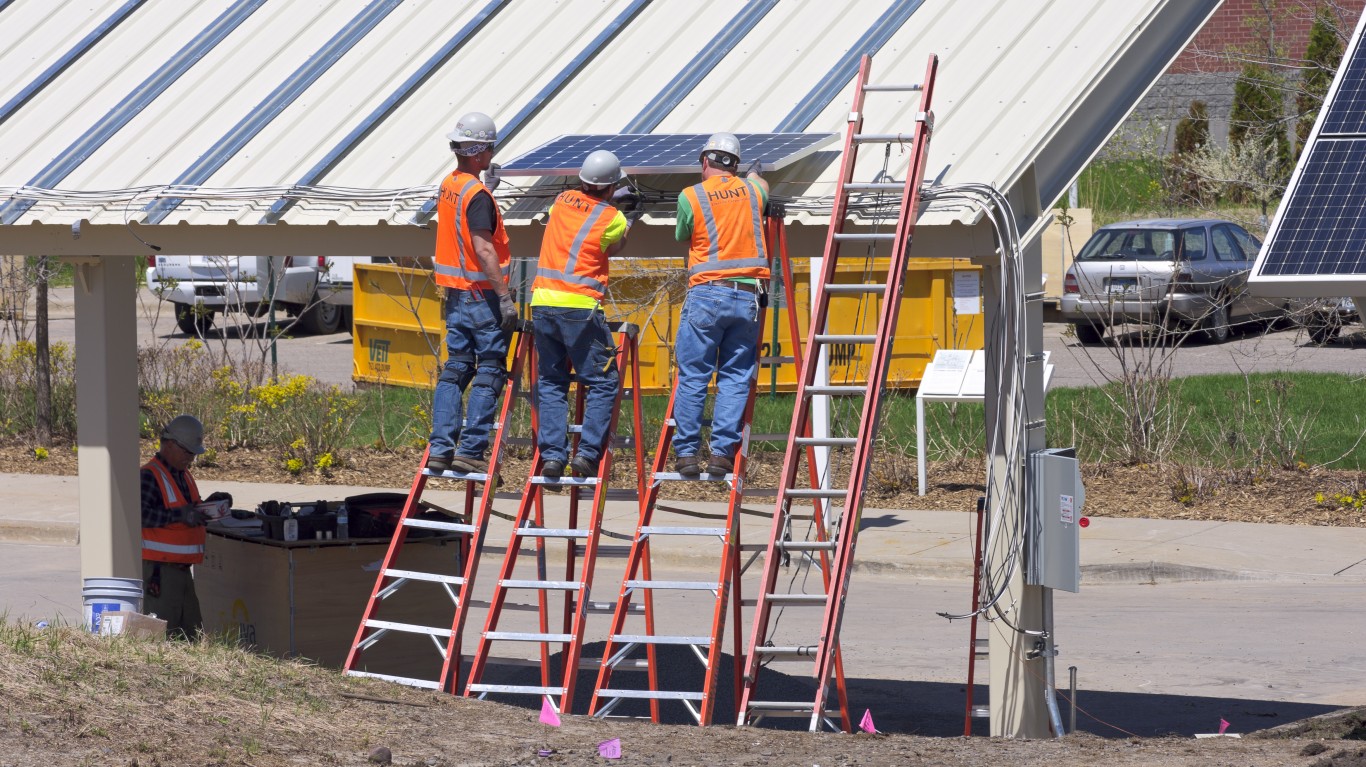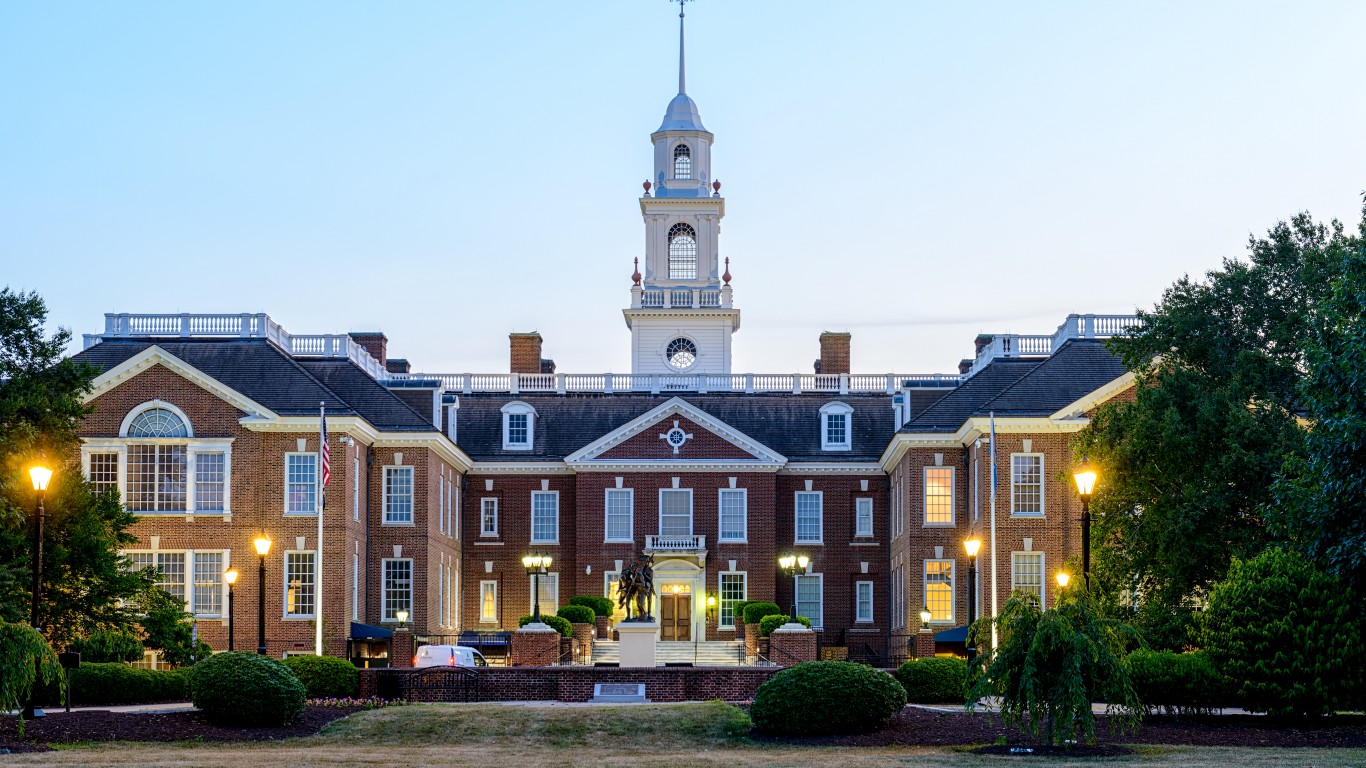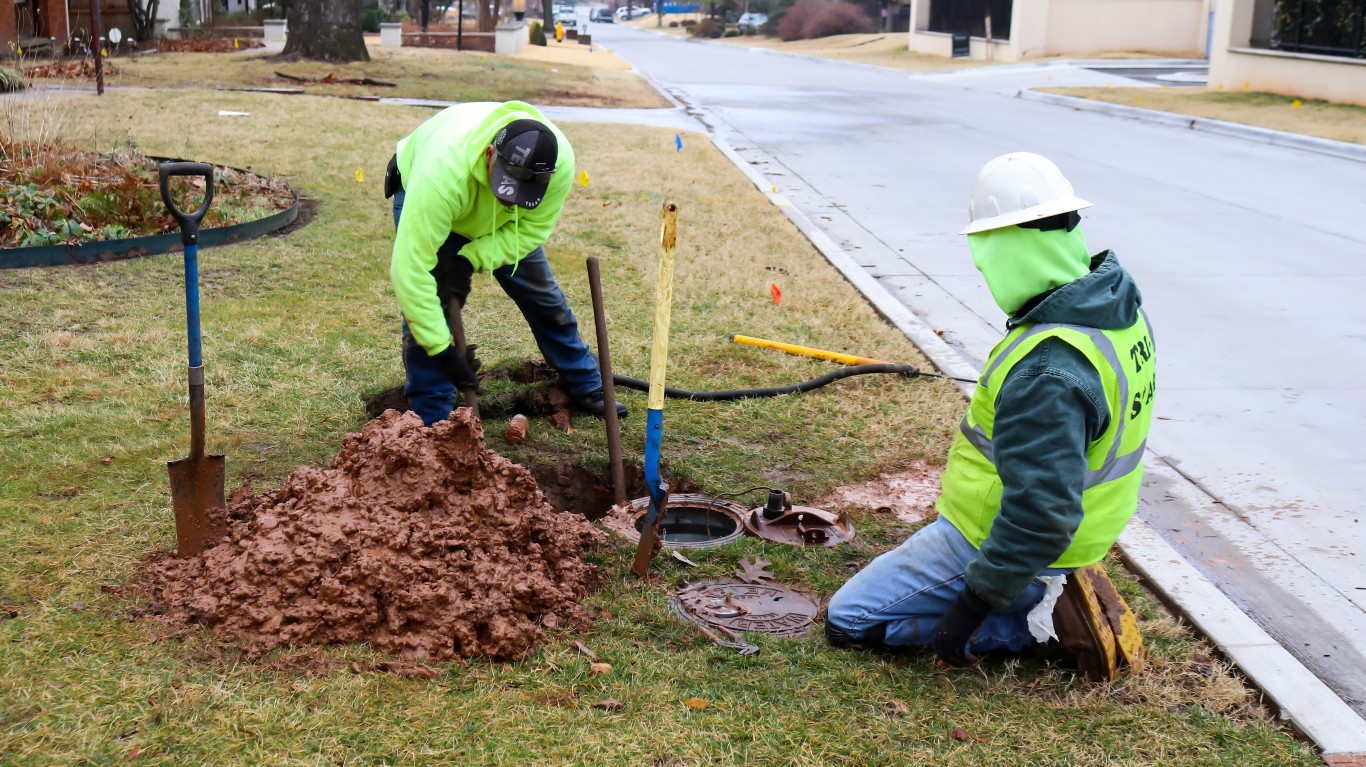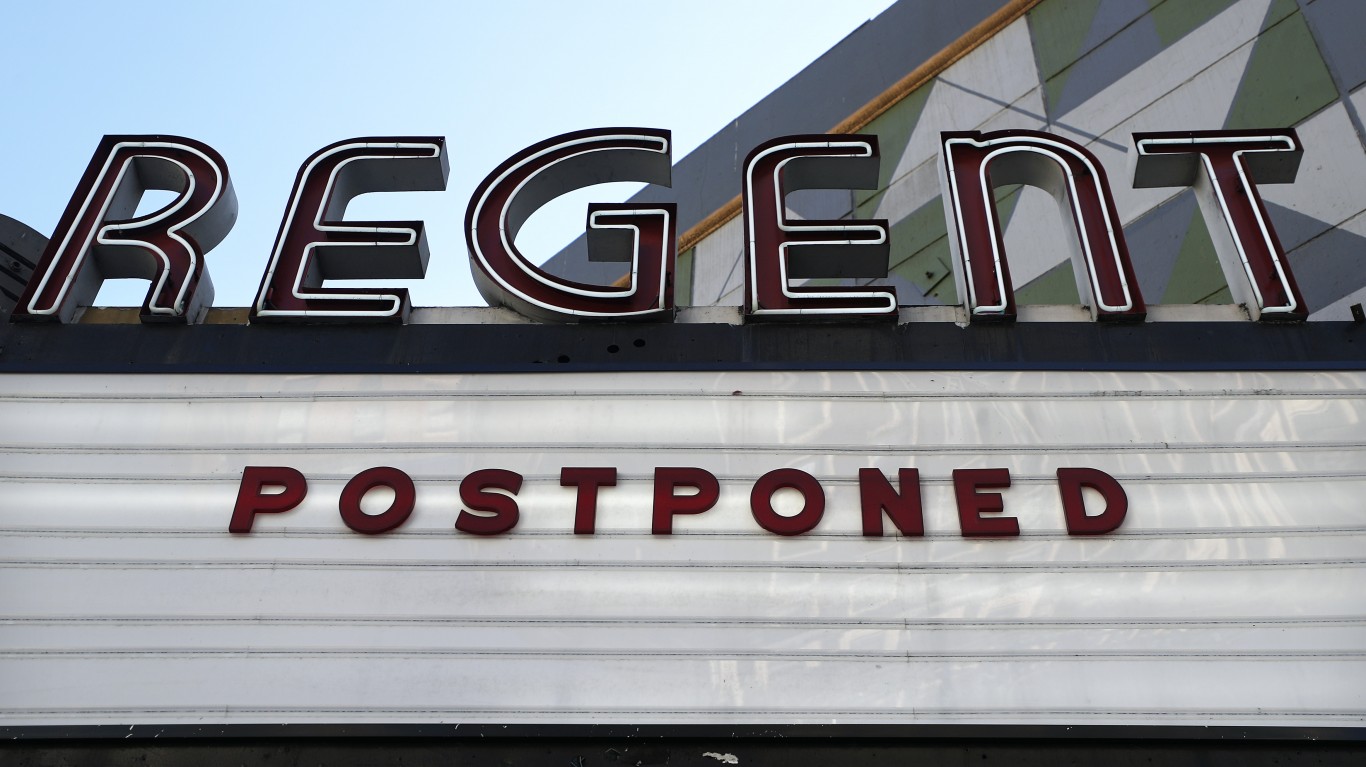
There are a large number of studies about which cities and states are best to work in. Among the most well-known are those from U.S. News and WalletHub. These are based on unemployment, job growth, job satisfaction, and the variety of industries. A new study uses different yardsticks, relying primarily on whether a state is worker friendly.
Oxfam America, a nonprofit with the mission of lowering poverty, released “Best and Worst States to Work in America 2021.” The new study uses three measures: wage policies (40%), worker protections (35%), and rights to organize (25%). Each state is rated on a scale of 1 to 100. Based on the Oxfam survey, the worst state to work, by far, is North Carolina with a score of 6.19. Among the reasons it rates so poorly is that it gets a zero for “right to organize.”
Left out of the analysis are several other important pieces of data. Among them is state unemployment. North Carolina’s unemployment rate, at 4.4% in July, is well below the national average, according to the Bureau of Labor Statistics. Find out how the state economy ranks among the states with the best and worst economies.
The median household income in North Carolina is well below the national median of $63,179, according to the Census Bureau. The North Carolina figure is $53,369. However, North Carolina also has among the lowest annual costs of living. (Some cities in the state rank among the happiest cities in America according to residents.)
Across all of the studies rating the best states to work (and, in some cases, to live), what is lost is that different media and organizations have not agreed on a standard set of measures. That means each survey has a built-in weakness, and also some bias. What someone makes in wages, or how they make it, is not a sufficient yardstick. Quality of life is another yardstick, and Oxfam has a very narrow view of what goes into that.
Click here to see the worst state to work in America

1. Oregon
> Overall score: 85.68
[in-text-ad]

2. New York
> Overall score: 85.46

3. Massachusetts
> Overall score: 85.22

4. California
> Overall score: 84.20
[in-text-ad-2]

5. New Jersey
> Overall score: 80.81
[in-text-ad]

7. Connecticut
> Overall score: 76.79

8. Colorado
> Overall score: 71.88

9. Illinois
> Overall score: 70.95
[in-text-ad-2]

10. Maine
> Overall score: 68.97

11. Vermont
> Overall score: 68.91
[in-text-ad]

12. New Mexico
> Overall score: 67.89

13. Hawaii
> Overall score: 64.29

14. Rhode Island
> Overall score: 62.36
[in-text-ad-2]
15. Maryland
> Overall score: 62.03

16. Minnesota
> Overall score: 61.06
[in-text-ad]

17. Nevada
> Overall score: 55.81

18. Alaska
> Overall score: 52.72

19. Ohio
> Overall score: 51.61
[in-text-ad-2]

20. Arizona
> Overall score: 50.69

21. Virginia
> Overall score: 49.97
[in-text-ad]

22. Delaware
> Overall score: 47.92

23. Nebraska
> Overall score: 46.35

24. New Hampshire
> Overall score: 45.44
[in-text-ad-2]

25. Montana
> Overall score: 43.99

26. South Dakota
> Overall score: 43.27
[in-text-ad]

27. Michigan
> Overall score: 38.48

28. Pennsylvania
> Overall score: 38.46

29. Missouri
> Overall score: 38.26
[in-text-ad-2]

30. Florida
> Overall score: 36.22

31. West Virginia
> Overall score: 33.11
[in-text-ad]

32. Arkansas
> Overall score: 30.43

33. Iowa
> Overall score: 27.78

34. Wisconsin
> Overall score: 26.98
[in-text-ad-2]

35. Kentucky
> Overall score: 26.82

36. Indiana
> Overall score: 26.63
[in-text-ad]

37. Wyoming
> Overall score: 25.67

38. North Dakota
> Overall score: 25.19

39. Idaho
> Overall score: 24.75
[in-text-ad-2]

40. Louisiana
> Overall score: 24.35

41. Oklahoma
> Overall score: 24.25
[in-text-ad]

42. Tennessee
> Overall score: 23.34

43. Utah
> Overall score: 22.72

44. Kansas
> Overall score: 21.44
[in-text-ad-2]

45. Texas
> Overall score: 17.01

46. South Carolina
> Overall score: 12.12
[in-text-ad]

47. Alabama
> Overall score: 10.63

48. Mississippi
> Overall score: 8.08

49. Georgia
> Overall score: 7.47
[in-text-ad-2]

50. North Carolina
> Overall score: 6.19
It’s Your Money, Your Future—Own It (sponsor)
Retirement can be daunting, but it doesn’t need to be.
Imagine having an expert in your corner to help you with your financial goals. Someone to help you determine if you’re ahead, behind, or right on track. With SmartAsset, that’s not just a dream—it’s reality. This free tool connects you with pre-screened financial advisors who work in your best interests. It’s quick, it’s easy, so take the leap today and start planning smarter!
Don’t waste another minute; get started right here and help your retirement dreams become a retirement reality.
Thank you for reading! Have some feedback for us?
Contact the 24/7 Wall St. editorial team.
 24/7 Wall St.
24/7 Wall St.
 24/7 Wall St.
24/7 Wall St. 24/7 Wall St.
24/7 Wall St.
 24/7 Wall St.
24/7 Wall St. 24/7 Wall St.
24/7 Wall St.


